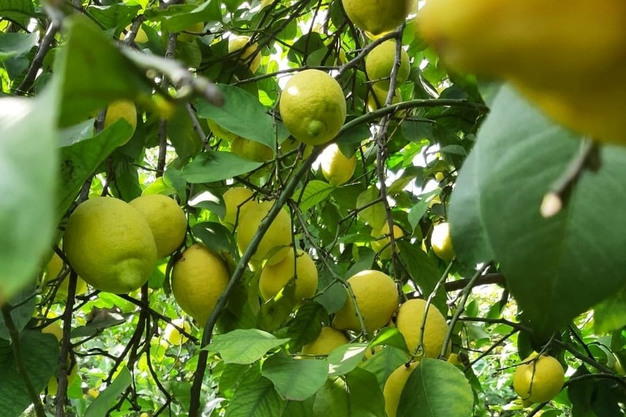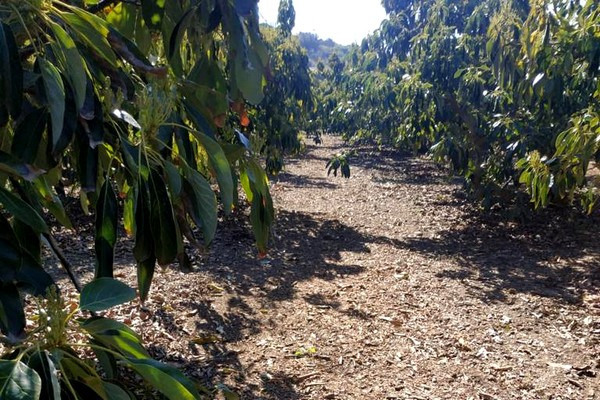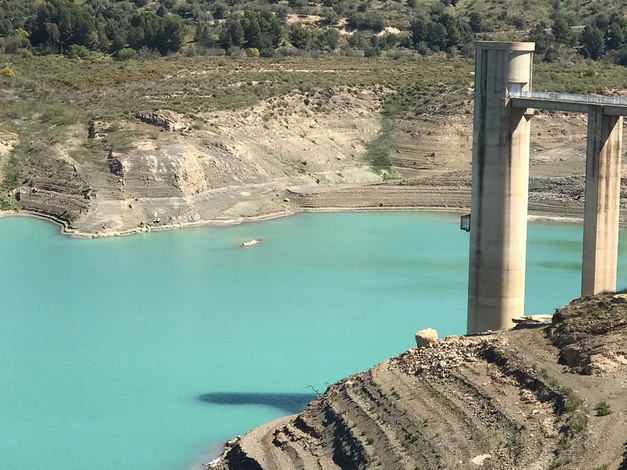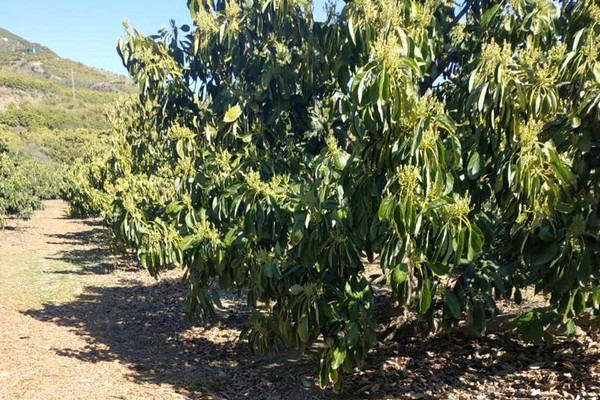According to the Spanish meteorological agency Aemet, 141 l/m² of rainfall were recorded during the storm recorded a few days ago in the Spanish province of Malaga. From an agricultural point of view, this has brought significant relief after many months of drought.
"Apart from the losses caused by the floods and the life of one person who unfortunately died in late October, we in the agricultural sector believe that the rains will generally have a positive impact, because we have been suffering a shortage of water for far too long," says Francisco Moscoso, from UPA Malaga.

"Climate change is a reality and we are going to have to get used to these storms, so the administrations will have to work on the points of the watercourses that have shown to be potentially problematic to minimize the risk of flooding. Fortunately, this second storm has not been as damaging in this area of the Guadalhorce Valley," says Francisco, recalling the more than 2,000 hectares that had been flooded two weeks earlier. "But it has reminded us once again of the need for growers to have back-up plans for situations like these, which is why we encourage them to insure their farms."
"As for lemons, the main crop in this area of the Guadalhorce, we were expecting a good season. Prices started off very well after a disastrous season last year in which tons of lemons were left on the ground, and we hope prices will remain at the same levels when we can get back into the fields," he says.
"There are investment funds that planted a lot of lemons a few years ago, and now that they are starting to have their own production, they are no longer buying as much from producers in the area. We have already seen the consequences of investment funds entering a sector. We saw it with the housing boom, and now it is happening in other sectors, such as olive oil and, now, lemons. That is why we believe that in order to have a future and continue obtaining profitable prices while buyers or brokers are trying to take advantage of this situation, producers must stand together, either in cooperatives or in producers' associations. We are stronger united. Now we can only wait and see what will happen when the lemon volumes available in the market start to increase," says Francisco.
La Axarquia
In La Axarquia, the rains are also considered to have had a positive impact. In the area of Benamargosa and Almayate, the river has overflowed, invading some greenhouses, but the rain has certainly been very welcome in an area that has been surviving for a year and a half on reclaimed water.

"The way it has rained, just for one day and with great intensity, has not helped refill the aquifers, but it has brought some relief to the severe drought we were experiencing in La Axarquia and made a valuable contribution to the reservoir of La Viñuela," says Antonio Peralto, president of the Huerta Marti and Los Recios Irrigation Community. According to real-time data from S.A.I.H. Hidrosur, from 7 November to 14 November, the volume of water accumulated in the Viñuela reservoir has increased by 35.6% and now stands at 20.39% of its total capacity.

La Viñuela reservoir at one of its most critical moments
"This water is going to come in handy. Although we'll have to continue using reclaimed water, it may be possible to mix it with the water from La Viñuela, leading to an increase of both the quantity available and the quality," says Antonio.
"We must thank the Government of Andalusia for the efforts made in improving reclaimed water, and although much is being said about its quality, it has helped salvage approximately 70% of the acreage in La Axarquía, which is mainly cultivated with tropical crops," he says.
"We had already spent a year and a half with reclaimed water as the only resource. Today we can say that, if it hadn't been for that, a large part of La Axarquía would now be dead," says Antonio.

